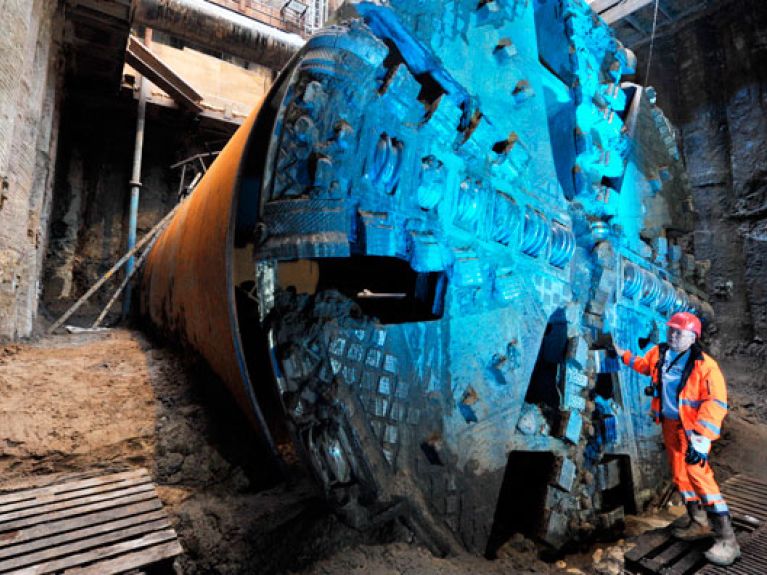Is the industrial giant ready for the future?
The Federation of German Industries Conference (TDI) will be looking at the key challenges facing the world’s fourth-largest industrial nation.

Innovation, demographic change, fair taxation, digitisation and globalisation: these are the key issues for the future of Germany’s industry.
Hard work for the future
Accolades such as “world export champion” and the “Made in Germany” seal of quality characterise Germany as an industrial nation – but not for all eternity. German industry is facing a number of huge challenges. For one thing, there is the country’s dependence on global markets and the risk of its export activities being curtailed as a result of nascent protectionism. And for another, critics of Germany’s export surplus point out that Germany imports and invests too little. Investment and innovation are important engines for future growth. High quality education and support for start-ups are essential to ensure that new ideas can be turned into reality.
Industry 4.0
Digitisation in everyday life is advancing at such a pace that German industry really needs to push ahead if it does not want to get left behind. This poses a challenge for small and medium-sized enterprises in particular. If they fail to measure up, industrial value adding in Germany stands to lose as much as 220 billion euros by 2025, according to a study commissioned by the BDI.
Business and ethics
In view of digitisation, profit maximisation and growth, business representatives and politicians must also face up to their responsibility to ensure social justice and the sustainable use of resources – in Germany and worldwide.
One long-term problem is the demographic trend in many western industrial nations: Japan and Germany are the countries with the highest average age. The lack of young people and skilled workers is already being felt, which is why the migration and integration of qualified workers is necessary. Furthermore, technologies and products must be developed to meet the needs of an ageing population.
Facts about German industry
- Germany is the world’s fourth-largest economic power, behind the USA, China and Japan
- World’s highest export surplus of 253 billion euros in 2016
- 7.5 million people employed in industry
- Half of the jobs in industry depend on exports
- Companies with the highest sales volumes: Volkswagen AG, Daimler AG, Eon SE
- Leading exports: cars and vehicle accessories, machines, chemical products, electronics, optical products, pharmaceuticals
- 90 percent of the companies are small or medium-sized (Germany’s Mittelstand), with annual sales of less than 50 million euros and fewer than 250 employees

